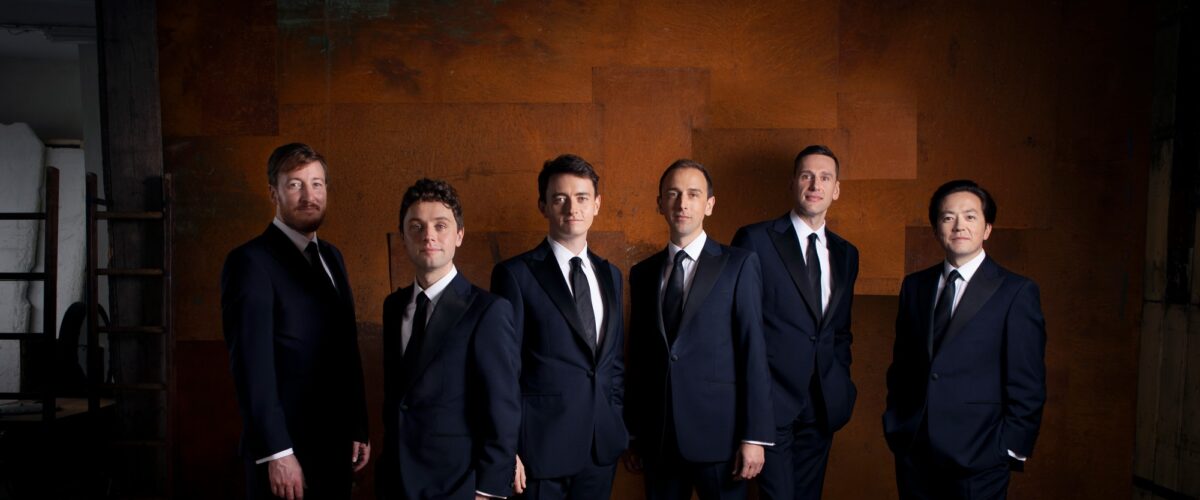TRANSCRIPT
Scofield: Well, your repertoire is quite fascinating, and I’d like to talk a little bit about that because you do the whole range from Renaissance polyphony, all the way to pop standards, very widely appreciated music. I think it’s a big challenge to cover so much musical ground. Have you got any special techniques for that?
Howard: You know, I think the important thing is to treat each side of music in its own terms, or on its own terms. So rather than thinking of yourself having just one voice which you apply to every single kind of music, think what can I do to really bring this to life in a way that resonates with audiences; how can I approach text differently; how can I approach tone differently; how can I do everything, like stand differently in order to kind of allow the audience to engage with this style of music in its own way, rather than feeling that it’s being forced into a mode that it doesn’t fit.
And I think that, that’s the key when you’re trying to present so many different kinds of repertoire, you don’t stay rigid in your approach to each one, but you think what says this best. If you do that, it becomes much easier to include loads of different styles of music in one concert or keep that much music in your library. Because you’re not constantly accused of being unable to tackle different kinds of music, you’re saying “no, I see that this is jazz, and I will think about it as a jazz musician, or I will see this this is renaissance music and I approach this in a sympathetic way.” Providing you do that, we have enough brain space and expertise within the group to be able to look at each of these pieces of music, to look at each of these styles and think, “okay, this is what serves it’s best, this is what we’ll do,” and it’s not as difficult as you think it is, it just requires being able to switch between mindsets quickly.
Read more about The King’s Singers on their OFFICIAL WEBSITE.




